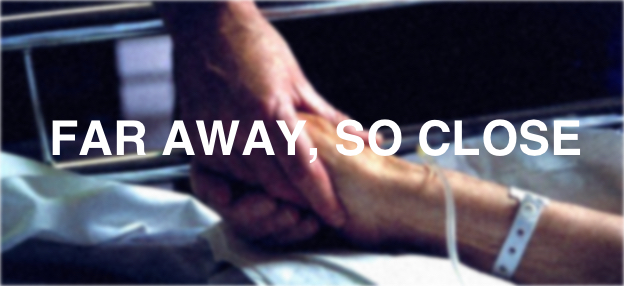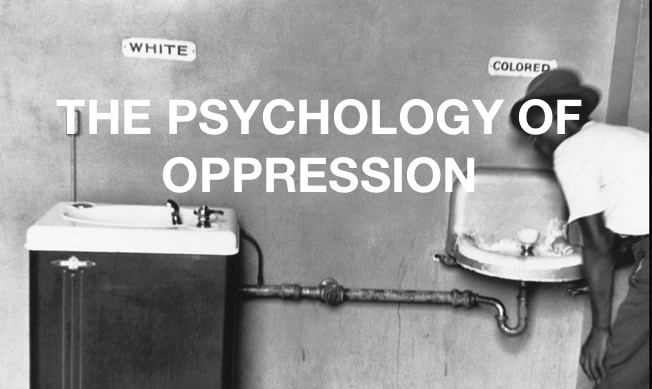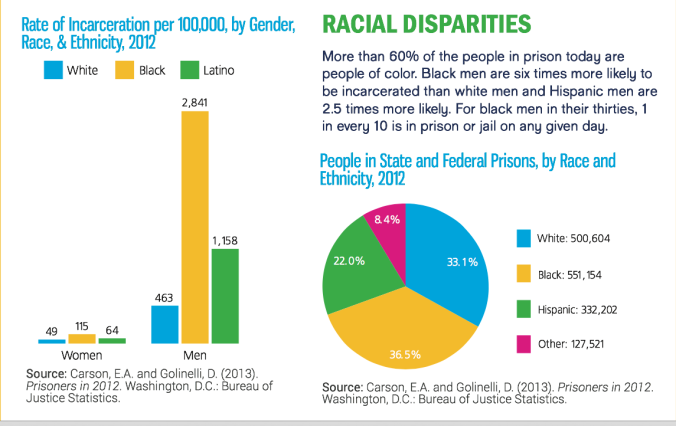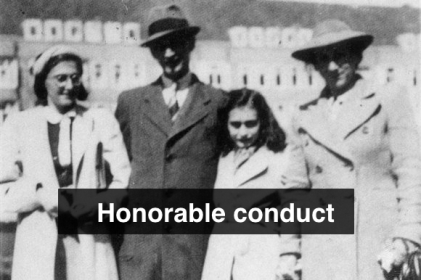When it comes to the subject of God’s calling on someone’s life, where are the boundary markers? Which is simply to ask: what are the circumstances or events in someone’s life that would exempt them from being used any longer by God? Maybe you think the answer is obvious or perhaps your own life circumstances have forced you to struggle with this question a lot. But, whatever the case, as pastors and shepherds of God’s people, we need to have a clear answer to this question, both for our own lives as well as for those who will come to us for counsel and guidance.
A case study in Exodus
The life and calling of Moses is a helpful case study of a man who very much thought he had discovered the boundaries of God’s call, and who even sought to hide himself just beyond them.
Many of us will be familiar with Moses’ discourse with the Angel of the LORD in Exodus 3 and 4. And as you listen to Moses’ deep struggle to surrender to God’s calling on his life, one almost get’s the impression that Moses had watched one too many Egyptian soap operas growing up; where clever plot twists many times bring deliverance from difficult situations.
Boundary #1
Consider Moses’ first question after God’s call on him to return to Egypt and deliver His people in Exodus 3:11. Moses says, “Who am I, that I should go to Pharaoh and bring the Israelites out of Egypt?” (NIV) Surely, in saying this, Moses is thinking back to his life in Egypt and remembering his murder of the Egyptian and his resulting 40-year exile. So the first “boundary” Moses believes he has found is the fact that He is a murderer and fugitive from justice. Surely this exempts Moses from God’s proverbial “drafting” here doesn’t it?
Moses could not have known that from King David to the apostle Paul, God planned to use all kinds of murderers in His service. But God’s patient, gracious reply to Moses’ first “boundary” is simply, “Nope. I didn’t draw the wrong name from a hat when I showed up here. I’ve called you to this task Moses, and I am in no way limited by your past.”
Boundary #2
Finally in Exodus 4:10, we see Moses play what he clearly believes is his trump card; exempting him from God’s calling. Moses “informs” the I AM, “O Lord, I have never been eloquent, neither in the past nor since you have spoken to your servant. I am slow of speech and tongue.” (NIV)
In the New American commentary on Exodus[1], Douglas Stuart suggests here that the oft interpreted speech impediment Moses claims actually doesn’t exist and that this is simply ritualistic protest with all of the exaggerated humility and self-effacement expected in his culture. Yet, even if we presume that his verbal impediment is legitimate – tellingly – God is neither deceived nor deterred in His sovereign plan by Moses’ disability. God replies to Moses’ trump card simply by saying, “Who gave man his mouth? Who makes him deaf or mute? Who gives him sight or makes him blind? Is it not I, the LORD?” (NIV) Which is simply to say, “Moses, did you really think that, a) as the great I AM, I was somehow unaware of your disability or that b) as the creator of your mouth, I was unable to do something about that if I needed to?”
Disability meets God’s ability
The doubled edged sword of Exodus 4:11 is one of both comfort and discomfort; encouragement and exhortation, because one clear application of this verse – for Moses then as well as us today – is this:
Disability is not a hindrance to God’s plan, it is a part of it.
The examples are too numerous to catalogue, but time after time: from Moses’ slow tongue, to Peter’s impetuosity; from David’s age and size facing Goliath to Paul’s thorn; from Spurgeon’s depression to Joni Eareckson-Tada’s quadriplegia, God shows His sovereign purpose in what we call disability; in what we call handicap.
All of which is summarized for us in places like 1 Cor. 1:27, “But God chose what is foolish in the world to shame the wise; God chose what is weak in the world to shame the strong; God chose what is low and despised in the world, even the things that are not, to bring to nothing things that are, so that no human being might boast in the presence of God.” (ESV) Or 2 Cor. 4:7 “But we have this treasure in jars of clay, to show that the surpassing power belongs to God and not us.” (ESV)
~
Disabilities can come in all shapes and sizes, from a checkered past to a present physical, emotional, or psychological impairment. Sometimes “disabled persons” will come to you devastated and broken at what they perceive as an inability to be used by God now; others will come with a misplaced relief, surprised at your exhortation that God still has a purpose for them as long as they’re on this earth. But in any and every case, the testimony of Scripture reminds us that God’s sovereign purposes are in no way hindered by what we call disability, and that what we perceive as exemption or exclusion from God’s call, are, in fact His purposed equipping for the job.
[1] Douglas K. Stuart, Exodus, vol. 2, The New American Commentary (Nashville: Broadman & Holman Publishers, 2006), 135.













